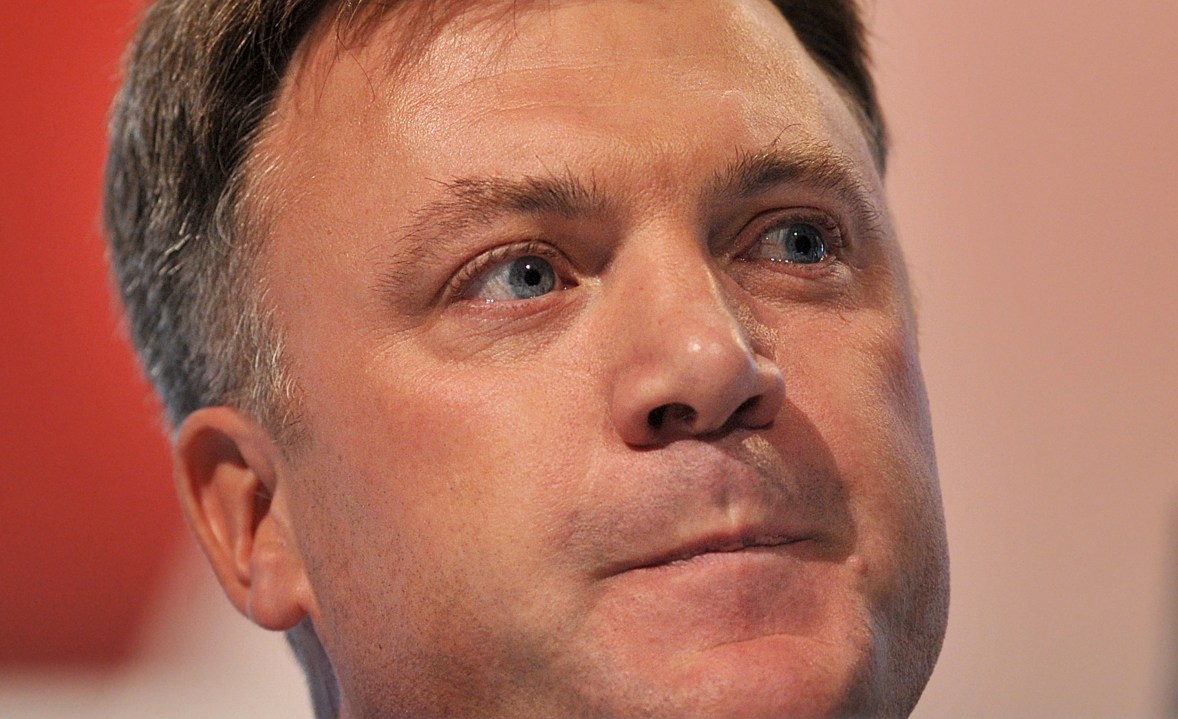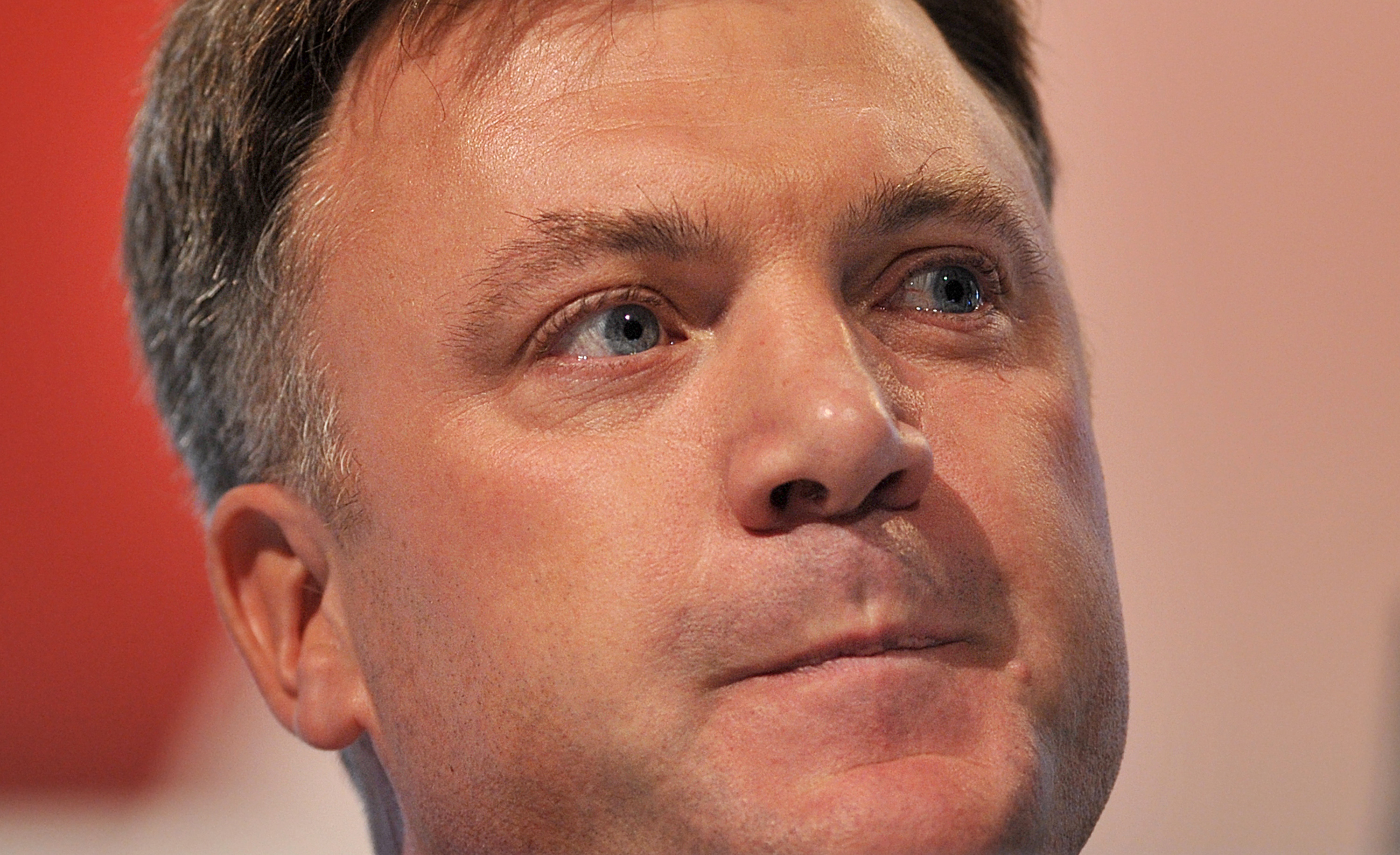‘I must be responsible and credible in what I say.’ No, it’s not Bart Simpson writing on the blackboard at the start of The Simpsons, although it may have been said with just as little enthusiasm. It’s Ed Balls on the Today programme this morning, explaining his decision to endorse George Osborne’s public sector pay freeze.
Balls’ interview in today’s Guardian is his biggest effort so far to sound ‘responsible and credible’ on the economy. His admission that ‘we can make no commitments to reverse any of [the cuts], on spending or on tax’ is nothing new – in his September conference speech he said ‘no matter how much we dislike particular Tory spending cuts or tax rises, we cannot make promises now to reverse them’ – but he does take it a rhetorical step forward by saying ‘we are going to have to keep all these cuts’. Of course, this isn’t as ‘absolutely clear’ as Balls claims. He refers to keeping the cuts as a ‘starting point’ and ‘the baseline’, clearly leaving the door open for future reversal. And, in an apparent contradiction to Balls’ words, Labour’s ‘plan for jobs’ still calls for a temporary reversal of the government’s VAT rise.
Where there is a more definitive shift in Labour’s stance, though, is on public sector pay. Balls says that ‘There is no way we should be arguing for higher pay when the choice is between
higher pay and bringing unemployment down’. And, recognising the union wrath that’s bound to follow, he declares:
So, Balls backs the government’s public sector pay freeze. And the other cuts? Well, he ‘can make no commitments to reverse any of them’, but that apparently doesn’t mean he can’t attack them. He still says they’re not only ‘too fast and in some cases unfair, but in some cases totally counterproductive’. He says some of the cuts are pushing up unemployment and hence increasing benefits bills and borrowing. And yet, he can’t say he’ll reverse them because ‘we don’t know the economic position’ we’ll find ourselves in in three years. It all leaves you wondering: if Ed Balls is right and those particular cuts – he cites the Future Jobs Fund and EMA – are ‘destructive’ and are increasing the deficit, why on earth wouldn’t he reverse them?‘I know there will be some people in the trade union movement and the Labour party who will think, of course, Labour has got to oppose that pay restraint in 2014 and 2015. That’s something we cannot do, should not do and will not do.’







Comments